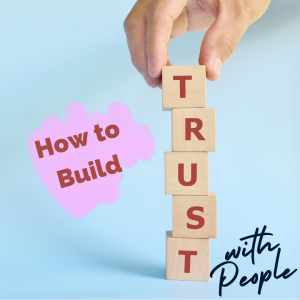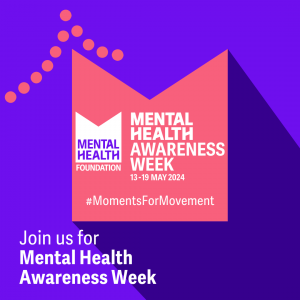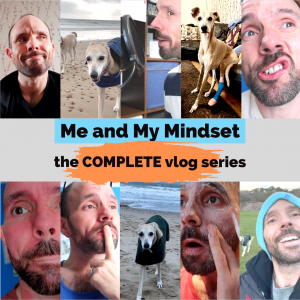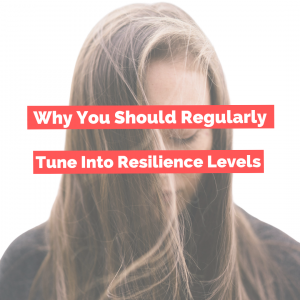Challenges come at us from all angles. It’s easier sometimes to accept that ‘that’s the way it is’ and carry on allowing our negative mindset to compromise our feelings, thoughts, and actions…or is it? Enter, the power of reframing.
Let’s face it: life can be challenging. We don’t always get what we want; in fact, we tend to get a lot of what we don’t want. It can be so tempting to go with our auto-pilot responses and tell ourselves to simply get through it as best we can. The power of reframing is possibly the most common thread that runs through so much relating to mindset and resilience development.
Suddenly, when we switch to manual and begin to practice reframing, without too much effort, we start to flex our mindset muscle, which has the potential to reap dividends for our wellbeing.
So let’s consider the power of reframing, what it’s all about, why it’s essential that we do it and how harnessing its power can be a real life-changer. Reframing is one of my favourite go-to techniques for putting the brakes on feeling like a victim and transforming thought patterns from negative thinking, to intentional and positively empowering.
What is the power of reframing?
In essence, reframing is simple. It’s about viewing the world through a more positive and powerful lens. The idea being that if we do this, our experience is likely to be more positive and powerful as a result. Less can’t, more can. Less impulsiveness, more open-mindedness.
Reframing is the simple act of changing your point of view.
Taking a step back from the default narrow and negative response and showing genuine interest in the things we find difficult also offers up opportunities to grasp different perspectives and leads us towards a richer and more rewarding path to personal growth.
Why do we need the power of reframing?
OK, here’s the science bit…our impulsive responses to situations are often based on unfounded assumptions – and these reactions tend to be somewhat negative. Sometimes the very assumptions we make about an outcome we will get in a particular situation actually pre–determines that very outcome. If you haven’t heard the phrase ‘we get what we focus on’, then you have now. It’s that creeping and unhelpful negative self–fulfilling prophesy. “It’ll be OK” we tell ourselves, after all, Pollyanna’s ‘hoping for the best’ syndrome works every time, doesn’t it?
Maybe not.
Why leave it to chance and risk your frame of reference impacting your relationships, your resilience or your outcomes?
Let’s reclaim a little bit of our mindset clout back. Constructively. Rationally. Powerfully. FACT – learning and using the power of reframing builds our resilience for when the bad stuff hits the fan. We are less likely to be possessed by feelings of overwhelm, hopelessness, and pessimism. Our prevailing attitude becomes one of optimism, reduced stress and more control. We find resources we didn’t know we had, and new avenues open up for us to explore.
If you change the way you look at things, the things you look at change.
Wayne Dyer
Sure, the facts of a situation remain the same – reframing doesn’t change what we’re facing – it simply helps us choose to make a deliberate shift in how we respond to the realities.
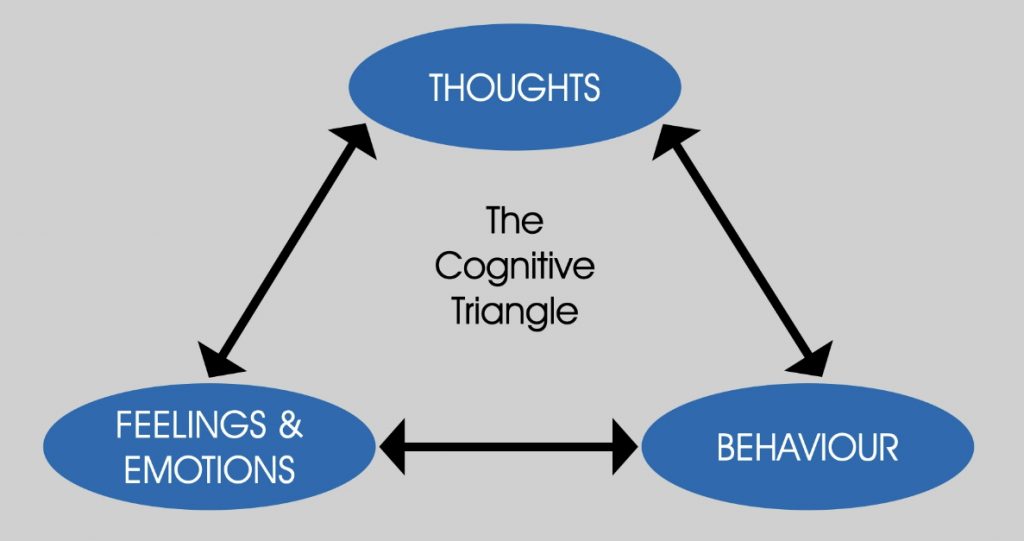
Recognising the triggers
OK, so if you’ve never been given too much work, never had to juggle deadlines and moving goalposts, never worked for a boss or colleagues you couldn’t stand, never worked in a culture that wasn’t healthy, have always enjoyed what you do and have always loved all the people you’ve ever worked with…then yes, reframing probably isn’t going to be top of your to-do list.
Yet, my hunch is that at some point in your life, perhaps even right now, you’re struggling to find a way through some tough moments.
From my experience, the power of reframing is triggered most when:
“I’m going to lose out”, “It’s going to be awful”
“It’s a nightmare of catastrophic proportions!”
“Why the ‘heck’ are they doing that?”
“It’s bound to be the worstest-case scenario ever”
“I’m not sure I’ve got what it takes”
“It’s bound to be my fault”
In these moments, our thoughts – and responses – get stuck on repeat so they become totally real and believable.
If I’m not careful, my thought pattern can spiral like this before suddenly I’m in the depths of despair, panicking about what may or may not happen (spoiler alert: it rarely happens). It could be before facilitating a big event that I’ve planned inside out. The self-imposed pressure leads to the ‘what ifs’ beginning to creep in and no sooner can you say ‘palpitations’, my emotions and resulting behaviour are under threat.
There is another way.
Download my ten point plan to build your resilience now
How to unlock the power of reframing
The magic of the reframe is in its ability to help us respond to thought challenges like these from a place of objectiveness, rationality and positivity. So, when we catch ourselves thinking like this, replacing our knee-jerk negative reactions with more inquisitive and open-minded questioning can make our responses to situations more powerful.
Ask yourself…
What might be another explanation for this?
Is there another way to look at this?
Am I assuming I can do nothing to change my situation?
What am I worried about or fearful of?
Am I confusing a thought with a fact?
Why might someone else have a different perspective to me?
Am I expecting myself to be perfect?
The power of reframing is learning how to artfully find the silver lining in the clouds.
Is the power of reframing really that simple?
Well, yes in theory.
A little health warning though. Not all the challenges we face in life might be able to be reframed, at least immediately. Some ‘stuff’ is much harder when it hits the fan and takes longer to reframe.



Sometimes we simply need some wallowing time to feel the feelings when life blindsides us in the worst ways.
Sadly, we can’t just reframe our way through everything.
Of course, it takes effort and practice to make it work for you, changing ingrained habits and thought patterns needs to be learned and tested, constantly. It may feel forced at first, yet it will soon come more naturally and once it becomes a habit, you’ll absolutely notice some of the stress in your life melting away, you’ll feel better about yourself and you may find new solutions to what might otherwise have seemed like insurmountable problems.



